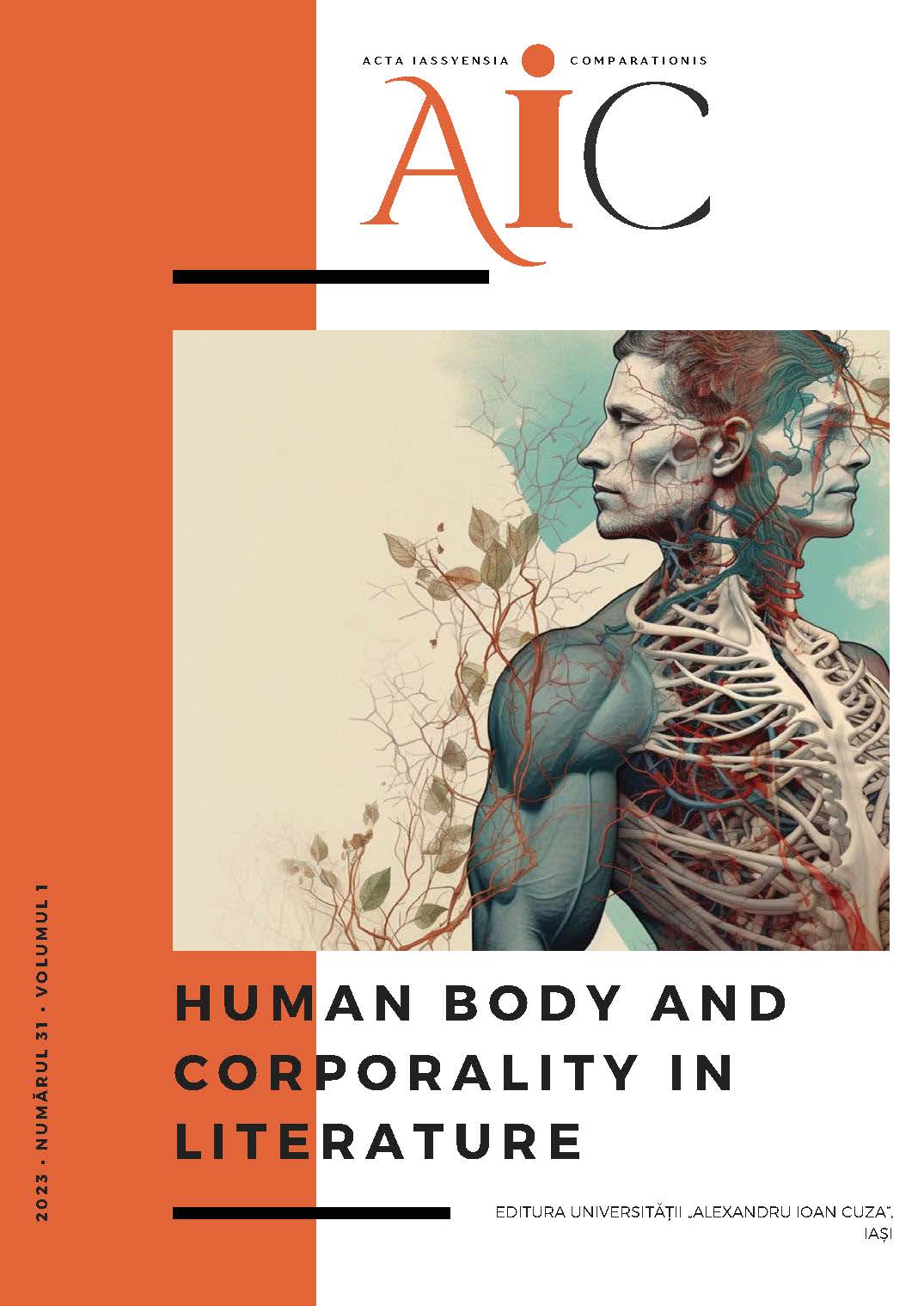El Buscón de Quevedo: una visión grotesca y degradadora del cuerpo humano
Quevedo’s El Buscón: A Grotesque and Degrading View of the Human Body
Author(s): Ana María Alonso FernándezSubject(s): Philosophy, Studies of Literature
Published by: Editura Universităţii »Alexandru Ioan Cuza« din Iaşi
Keywords: Quevedo; conceptism; picaresque; El Buscón; human body;
Summary/Abstract: El Buscón by Francisco de Quevedo is one of the most representative works of the Baroque narrative and the picaresque novel. Based on the constitutive features of this genre (autobiographical story addressed to a respectable person, itinerancy of the character, low social extraction, critical portrait of society), Quevedo creates a personal work in which he introduces a series of independent episodes to show the impossibility of social ascent. In the novel the body is described from different perspectives, purposes and narrative techniques, as we will show in this article. We will show the body as a result of hunger, and the scatological and grotesque as features that degrade the character, as well as the beatings and violence on the body to annul it. Finally, we will analyze some mechanisms to describe the body representative of Quevedo’s style by means of a critical approach to one of the most famous caricature portraits not only of the book but also of Spanish literature, that of “domine Cabra”.
Journal: Acta Iassyensia Comparationis
- Issue Year: 1/2023
- Issue No: 31
- Page Range: 33-42
- Page Count: 10
- Language: Spanish

